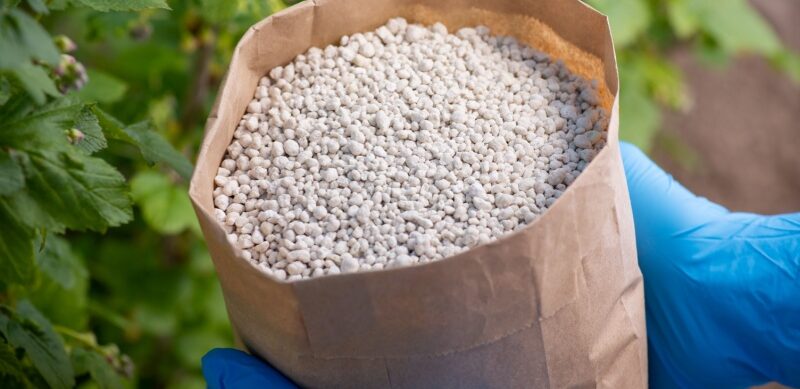Plant Fertilization Treatments for Fresno, CA Homeowners

Fertilizing your plants provides essential nutrients that promote healthy growth, flowering, and fruiting. At The Experienced Gardener, we offer expert plant fertilization treatments tailored to the specific needs of Fresno's climate and soil conditions. In this blog, we'll discuss the benefits of plant fertilization, the types of fertilizers available, and tips for effective application.
The Importance of Plant Fertilization
Plants require a balanced supply of nutrients to thrive. While they can obtain some nutrients from the soil, additional fertilization is often necessary to provide the optimal conditions for growth. Here are some key benefits of plant fertilization:
1. Improved Growth
Fertilization supplies essential nutrients, such as nitrogen, phosphorus, and potassium, which are critical for plant growth and development. A well-fertilized plant will exhibit vigorous growth, robust foliage, and strong root systems.
2. Enhanced Flowering and Fruiting
Phosphorus and potassium play a vital role in promoting flowering and fruiting. Proper fertilization can increase the number and quality of blooms and fruits, enhancing the aesthetic and productive value of your landscape.
3. Disease and Pest Resistance
Healthy, well-nourished plants are better equipped to resist diseases and pests. Fertilization strengthens the plant's natural defense mechanisms, reducing the likelihood of infestations and infections.
4. Stress Tolerance
Fertilized plants are more resilient to environmental stressors, such as drought, heat, and cold. Adequate nutrition helps plants recover more quickly from stress and maintain their health and vitality.
Types of Fertilizers
There are several types of fertilizers available, each with its own benefits and applications. Understanding the different options can help you choose the best fertilizer for your plants:
1. Organic Fertilizers
Derived from natural sources, such as compost, manure, and bone meal, organic fertilizers release nutrients slowly and improve soil structure and microbial activity. They are environmentally friendly and promote long-term soil health.
2. Inorganic Fertilizers
Also known as synthetic fertilizers, these are manufactured from chemical compounds and provide a quick release of nutrients. Inorganic fertilizers are available in various formulations, such as granular, liquid, and slow-release, to suit different needs.
3. Complete Fertilizers
These fertilizers contain a balanced mix of the three primary nutrients: nitrogen (N), phosphorus (P), and potassium (K). They are suitable for general-purpose fertilization and provide comprehensive nutrition for plants.
4. Specialty Fertilizers
Formulated to address specific nutrient deficiencies or promote certain growth stages, specialty fertilizers include products like high-phosphorus fertilizers for flowering plants or iron-rich fertilizers for plants with chlorosis.
Tips for Effective Fertilization
To get the most out of your fertilization efforts, follow these tips for effective application:
1. Soil Testing
Conduct a soil test to determine the nutrient levels and pH of your soil. This information will help you choose the right fertilizer and apply it at the appropriate rate.
2. Timing
Fertilize your plants during their active growing season. For most plants, this means applying fertilizer in the spring and fall. Avoid fertilizing during extreme heat or cold, as plants are less able to absorb nutrients during these times.
3. Application Rates
Follow the manufacturer's instructions for application rates. Over-fertilization can harm plants and lead to nutrient runoff, while under-fertilization may not provide the desired benefits.
4. Even Distribution
Apply fertilizer evenly across the root zone of the plant. For granular fertilizers, use a spreader to ensure uniform distribution. For liquid fertilizers, use a watering can or hose-end sprayer to apply the solution evenly.
5. Watering
Water your plants thoroughly after fertilizing to help the nutrients penetrate the soil and reach the roots. This also helps prevent fertilizer burn, which can occur if the fertilizer sits on the soil surface for too long.
Proper fertilization is essential for maintaining a healthy, beautiful landscape in Fresno, CA. By providing your plants with the nutrients they need, you can promote vigorous growth, enhance flowering and fruiting, and improve their resistance to pests and diseases. At The Experienced Gardener, we offer professional plant fertilization treatments tailored to the unique needs of your garden. Contact us today to schedule a consultation and learn how we can help you achieve the landscape of your dreams.


